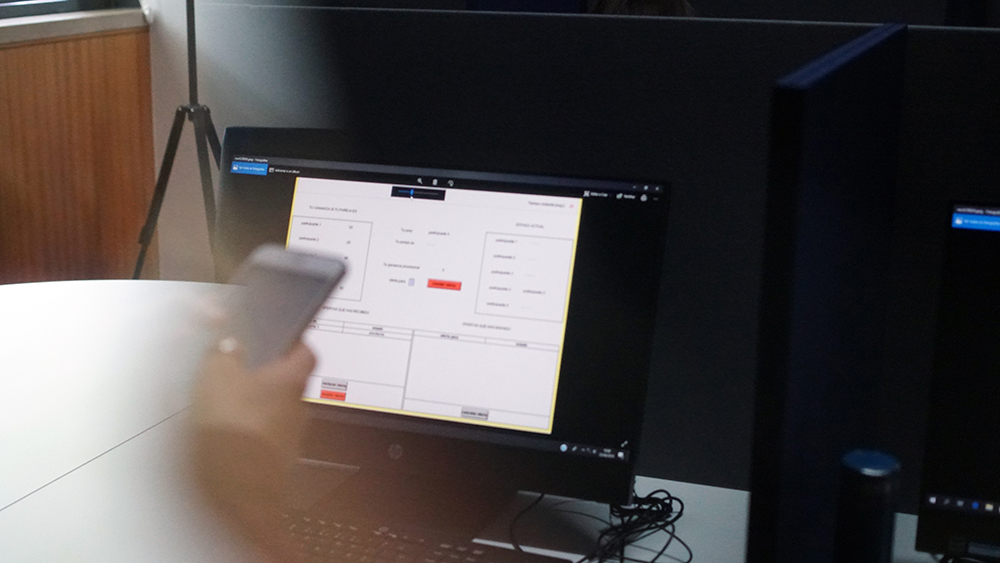In University admissions, students submit rankings of courses to a matchmaker and an algorithm produces a matching of students to courses. In “Static versus Dynamic Deferred Acceptance in School Choice: Theory and Experiment“, published in Games and Economic Behavior, the authors F. Klijn, J. Pais, and M. Vorsatz show that students learn to play the matching game better when the matching process is dynamic, i.e., when students go through the steps of the algorithm. Dynamic matching produces better solutions in what efficiency and fairness are concerned than the static implementation of the corresponding algorithm.

